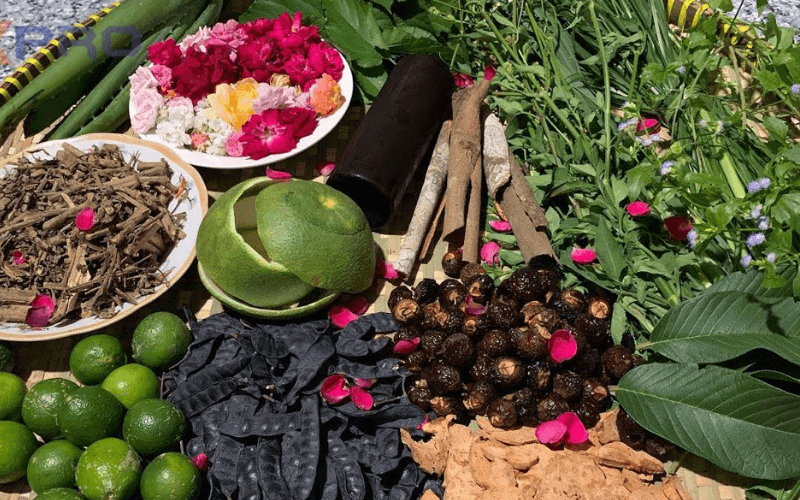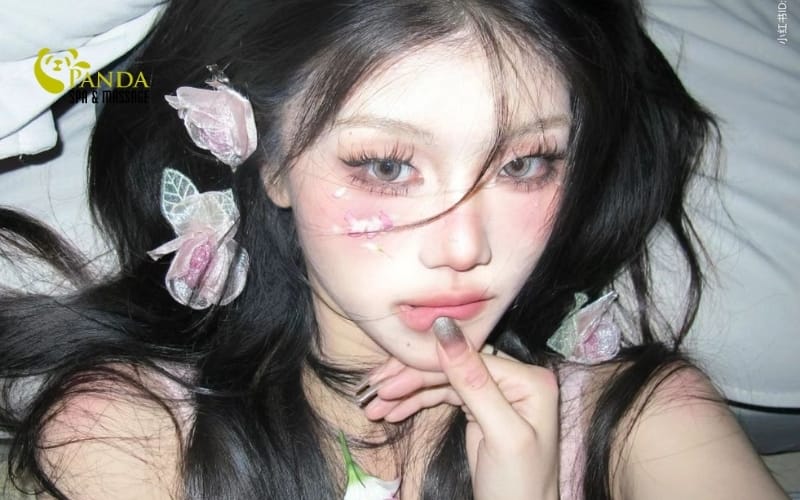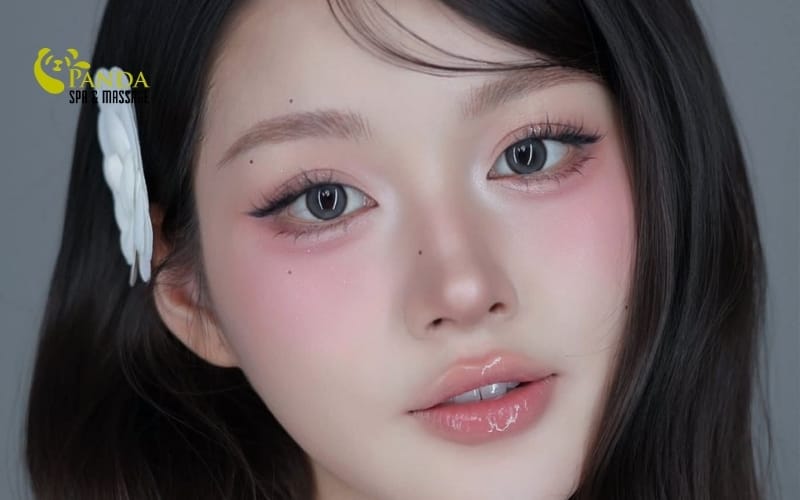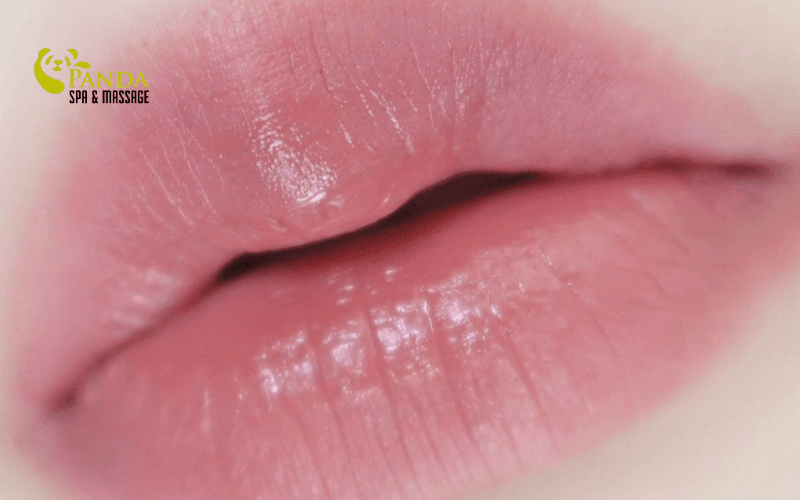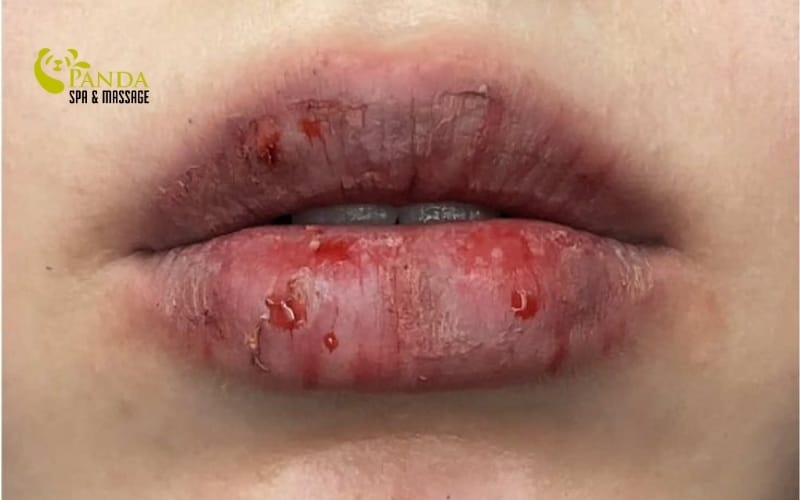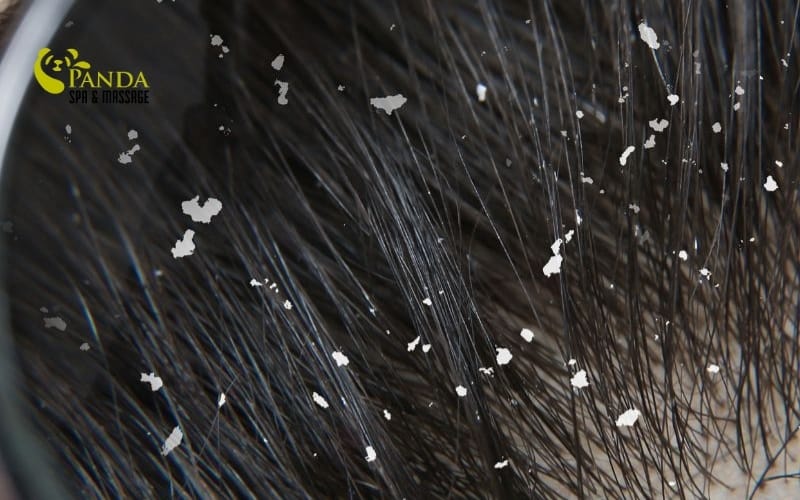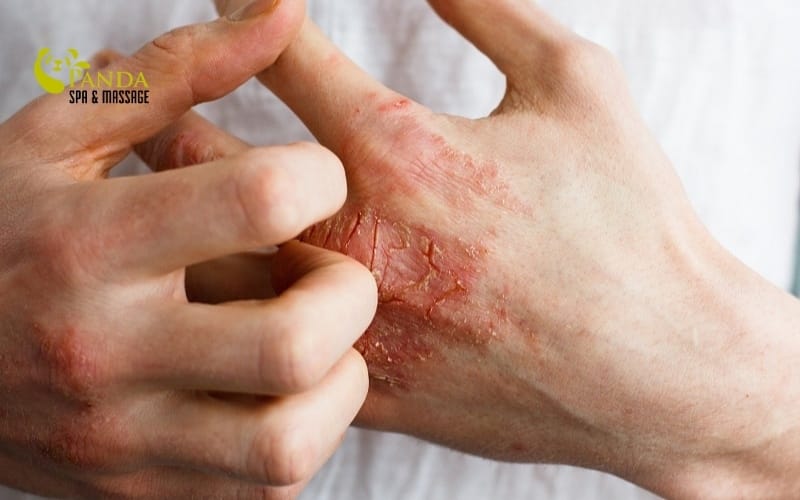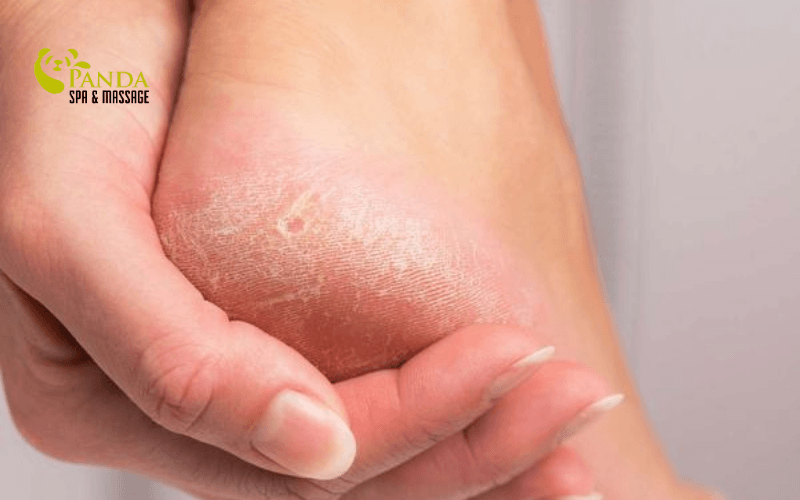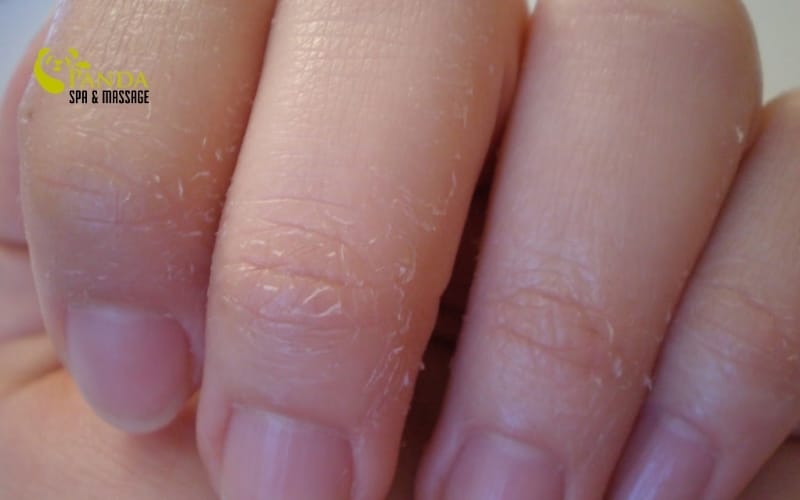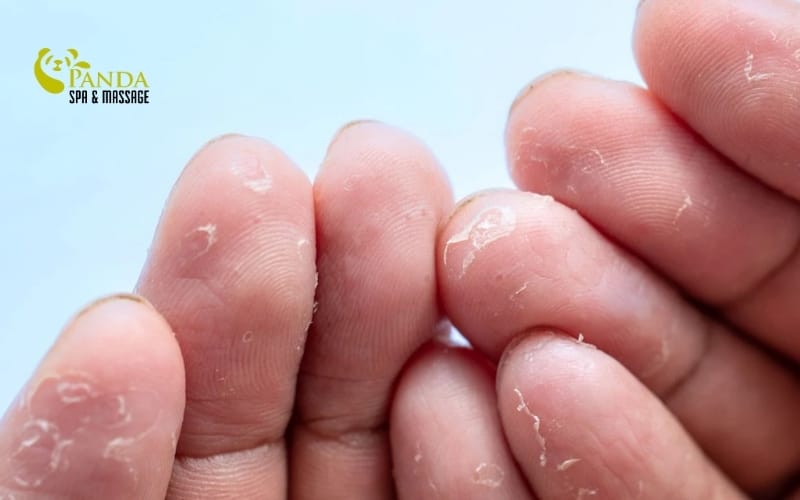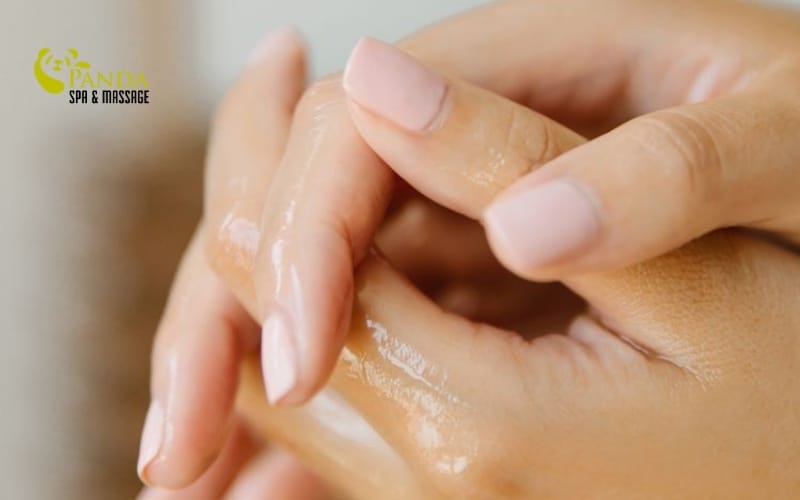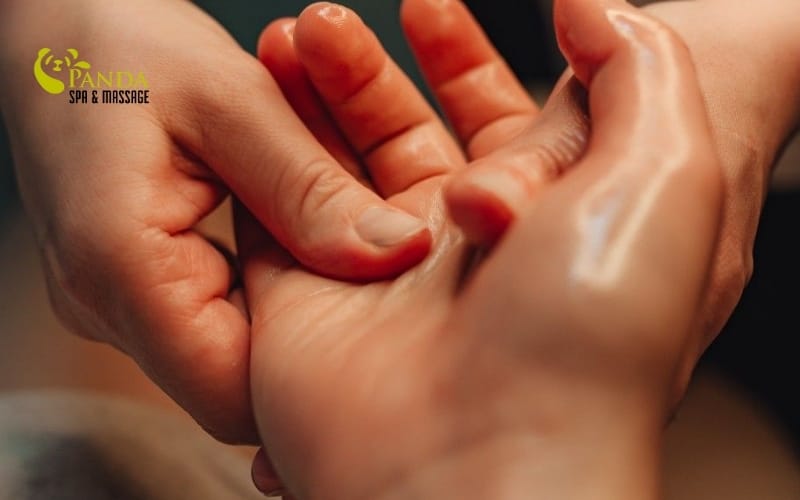1. What is Herbal Hair Washing and Why Use It?
Herbal hair washing originates from traditional methods in India and has gained popularity in Vietnam over the past decade. It uses herbs to clean hair and scalp, combined with massage to enhance blood circulation. According to the Ministry of Health, it supports anti-inflammatory effects and relaxation. Many choose this method for its high safety compared to industrial products. Statista’s 2025 data shows 70% of Vietnamese women prefer natural products. A spa case study reported a 50% reduction in dandruff after consistent use. The next section compares natural ingredients and conventional shampoos to highlight why herbal hair washing is ideal for daily hair care.
1.1. Benefits of Natural Ingredients vs. Industrial Shampoos
Natural ingredients offer high safety, avoiding scalp irritation common with chemical products. They nourish hair from the roots, leaving it soft without dryness. PubMed research indicates herbs can reduce hair loss by up to 25%. Free of parabens or sulfates, these ingredients maintain natural scalp moisture and promote healthy hair growth. Below is a comparison table highlighting the advantages of natural ingredients for long-term hair care.
| Criteria | Natural Ingredients | Industrial Shampoos |
|---|---|---|
| Safety | High, minimal irritation | Low, contains chemicals |
| Nourishment | From the roots | Surface-level |
| Non-irritating | Suitable for sensitive scalps | May cause dryness |
| Relaxation | Yes, from herbs | No |
| Long-term Effectiveness | Reduces hair loss by 25% | Temporary |
1.2. When to Choose Herbal Hair Washing?
Herbal hair washing suits those with persistent hair loss, sensitive scalps, or frequent stress. It’s also recommended for postpartum women, the elderly, or office workers to maintain hair health and reduce stress periodically.
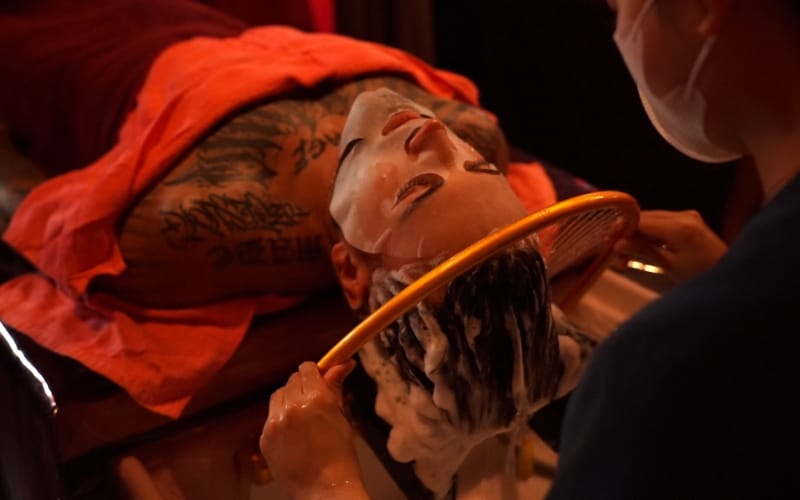
When to choose herbal hair washing
2. Top 12 Most Popular Herbal Hair Washing Ingredients
The list of herbal hair washing ingredients includes familiar herbs like grapefruit peel and bồ kết, selected for their ability to strengthen hair and reduce hair loss. Each has unique properties suited to different hair issues. Data shows grapefruit peel’s vitamin C boosts hair growth by about 20%. These ingredients are easy to find and safe when used correctly, offering high efficacy in natural hair care. The following sections focus on key ingredients, starting with grapefruit peel as a top choice, clarifying their role in the herbal washing process.
2.1. Grapefruit Peel: The “King” of Herbal Ingredients
Grapefruit peel stands out for its natural essential oils that stimulate hair follicle growth. It contains vitamins essential for a healthy scalp. A simple recipe involves boiling 500g of peel in 2 liters of water. Its main benefits include promoting hair growth and reducing dandruff. A real-world example showed noticeable hair improvement after weeks of use. This method suits all hair types. Next, the duo of bồ kết and húng quế is highly effective for reducing hair loss, complementing grapefruit peel for a comprehensive approach.
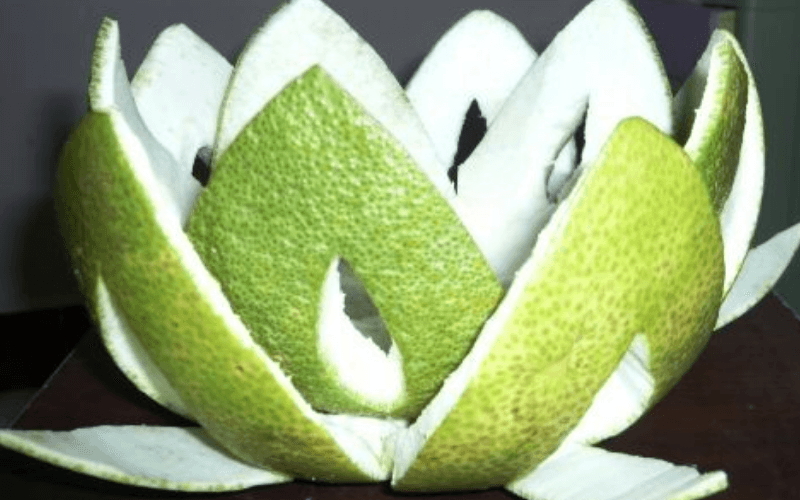
Grapefruit peel
2.2. Bồ Kết and Húng Quế: A Powerful Duo for Reducing Hair Loss
Bồ kết provides natural saponins to clean hair without drying it. Combined with húng quế, it enhances blood flow to the scalp. A recipe of 100g bồ kết with 50g húng quế yields great results. Vietnamese studies show up to 40% reduction in hair loss with regular use. This duo also makes hair naturally soft. It’s ideal for weak hair. The next section introduces other ingredients like green tea and cỏ mần trầu, adding diverse benefits to the herbal washing process.
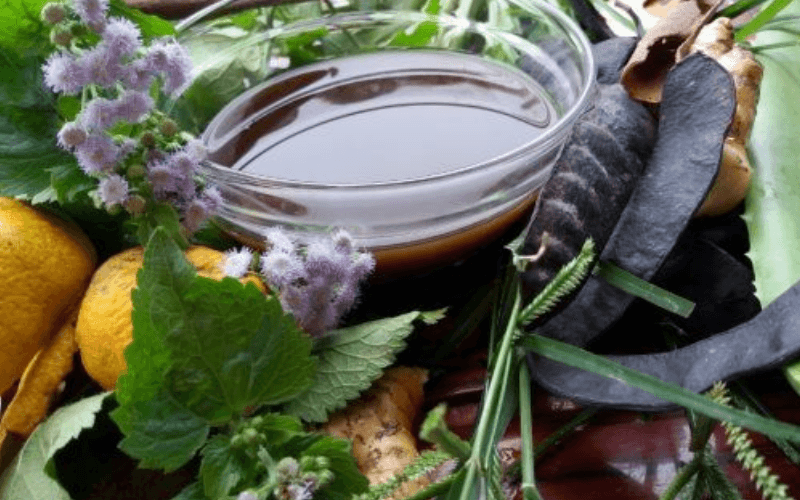
Bồ kết and húng quế
2.3. Other Ingredients: Green Tea, Cỏ Mần Trầu, and More
Green tea contains antioxidants to protect hair from damage. Cỏ mần trầu reduces dandruff and scalp inflammation. Other ingredients like lemongrass or neem leaves offer similar benefits. A Vietnamese herbal report highlights their safety. Each has concise benefits for easy application. They can be combined in washing recipes. The list below details eight additional ingredients with their main benefits, helping readers choose suitable options for their needs.
- Green tea: Antioxidant, reduces dandruff.
- Cỏ mần trầu: Anti-inflammatory, nourishes hair.
- Lemongrass: Deep cleansing, refreshing aroma.
- Neem leaves: Anti-fungal, reduces itchiness.
- Rosemary: Stimulates hair growth.
- Ginger: Enhances blood circulation.
- Aloe vera: Moisturizes scalp.
- Guava leaves: Reduces hair loss.
Learn more: Self-Performing Herbal Hair Washing at Home: Detailed Guide for Beginners
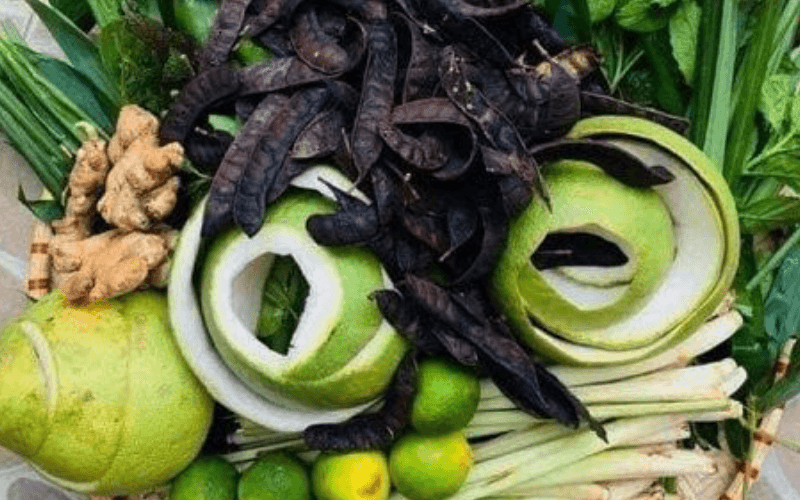
Other ingredients: green tea, cỏ mần trầu, and more
3. How to Prepare and Use Ingredients at Home
The process of preparing herbal hair washing ingredients starts with cleaning herbs. Boil them in water for about 20 minutes to extract nutrients. Combine with a 5-10 minute scalp massage to enhance effectiveness. The washing water can be refrigerated for two weeks. Video tutorials can guide detailed steps. This method is easy to apply weekly at home. Pay attention to selecting and storing ingredients to ensure safety, detailed in the next section.
3.1. Tips for Selecting and Storing Ingredients
Choose fresh ingredients from trusted sources to avoid scalp allergies. Check quality by smell and color. Data shows 90% of fresh ingredients are more effective than dried ones. Store in a dry place, away from direct sunlight. Use airtight bags to maintain freshness. Sourcing from herbal markets ensures quality.
Learn more: Benefits of herbal hair washing for health and beauty
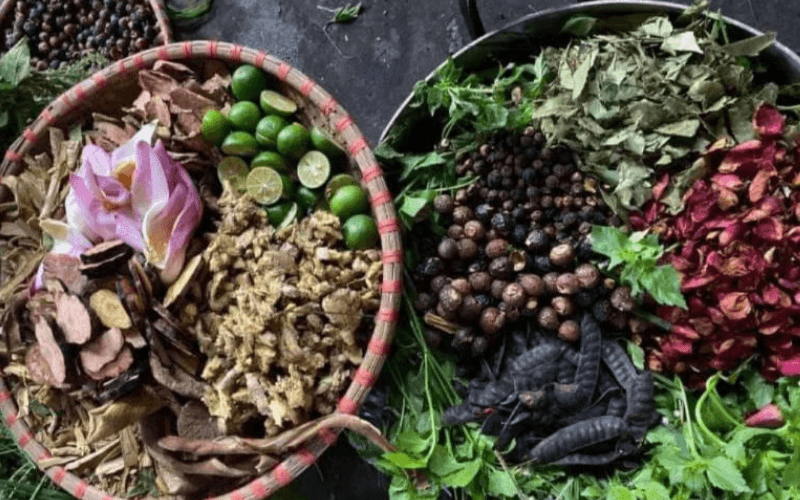
Tips for selecting and storing ingredients
3.2. Effective Use for Different Hair Types
- Oily hair: Use lemongrass, green tea, or neem leaves to reduce sebum.
- Dry hair: Prioritize aloe vera, húng quế, and grapefruit peel for deep moisture.
- Weak, prone-to-loss hair: Use bồ kết, ginger, and rosemary to stimulate growth.
- Normal hair: Combine various herbs to maintain natural balance.
The ideal frequency is 2–3 times per week for noticeable results.
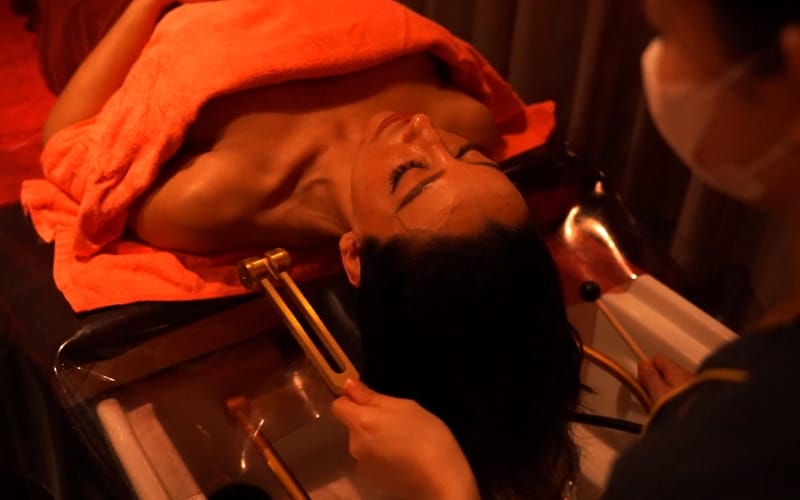
Effective use for different hair types
4. Common Misconceptions About Herbal Hair Washing
Despite its growing popularity, misconceptions about herbal hair washing prevent users from fully benefiting. Misunderstanding or incorrect application can significantly reduce effectiveness.
4.1. Misconception: Herbal Hair Washing is Only for Relaxation
In reality, beyond relaxation, it treats hair and scalp issues like hair loss, dandruff, and follicle inflammation. The medicinal benefits of herbs are supported by multiple studies.
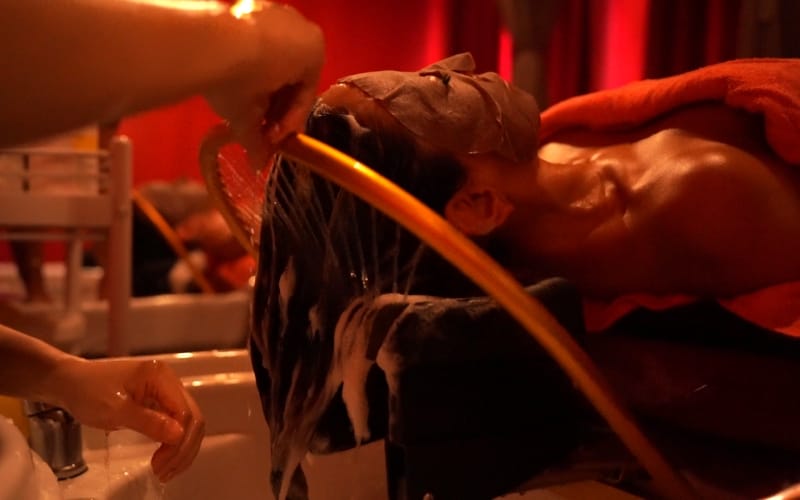
Misconception: Herbal hair washing is only for relaxation
4.2. Misconception: Home-Prepared Herbs Are Ineffective
In fact, home-prepared herbs can be as effective as spa treatments if done correctly. The key is selecting quality ingredients and following proper boiling and application techniques.
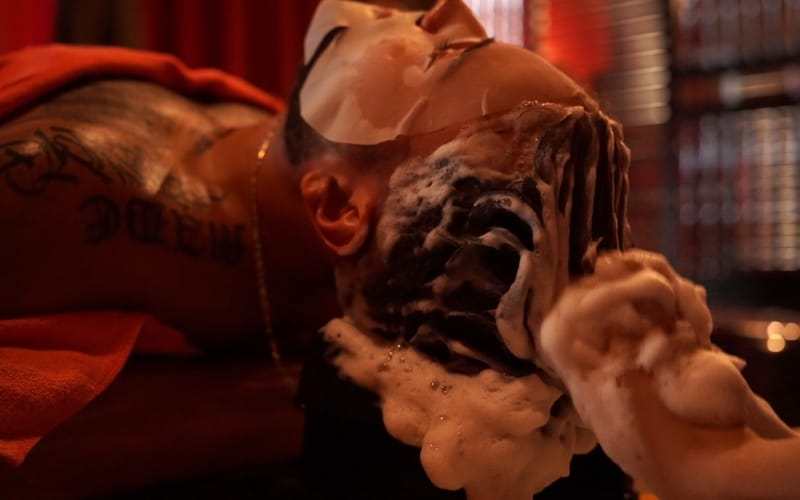
Misconception: Home-prepared herbs are ineffective
FAQ
Which ingredients are good for oily hair?
Green tea and lemongrass are ideal for oily hair due to their sebum control. They keep the scalp clean without drying hair. Using twice weekly yields safe, effective results for sensitive scalps.
Is it safe for pregnant women?
Herbal hair washing ingredients are generally safe for pregnant women. Avoid strong essential oils if sensitive. Consult a doctor to ensure no impact on pregnancy.
Do herbal hair washing ingredients have side effects?
Typically, there are no side effects if used correctly. Some may be allergic to specific herbs. Test on skin first and stop if irritation occurs.
Which ingredients are best for dry hair?
Aloe vera and grapefruit peel effectively moisturize dry hair, providing essential vitamins for softness. Combining with massage enhances nutrient absorption.
Conclusion
Using herbal hair washing ingredients offers long-term benefits for hair and scalp health. From grapefruit peel to bồ kết, natural herbs reduce hair loss and enhance strength. A short case study showed significant improvement after consistent use. This method is safe and easy to apply at home. We hope this Panda Spa article provides useful insights. For more, contact Panda Spa for in-depth advice.
Learn more: Herbal Hair Washing – Panda Spa
——————————————————————— Hotline: 038.3967.775 / 070.818.5397 Email: booking@pandaspa.vn Messenger: Panda Spa Da Nang Kakao Talk: Panda Spa Da Nang Naver: Panda Spa Da Nang Tripadvisor: Panda Spa & Massage In Danang City Address 1: 229 Nguyen Van Thoai, Son Tra – Da Nang Address 2: 225 Nguyen Van Thoai, Son Tra – Da NangCONTACT NOW
